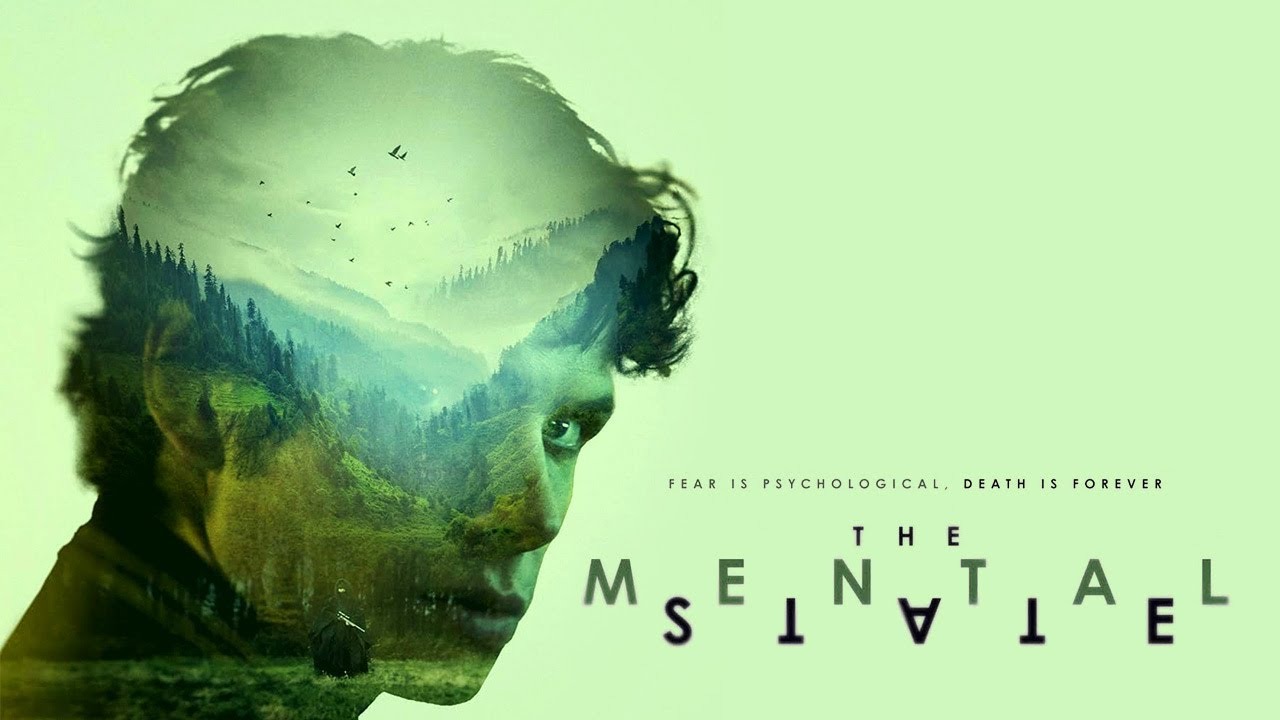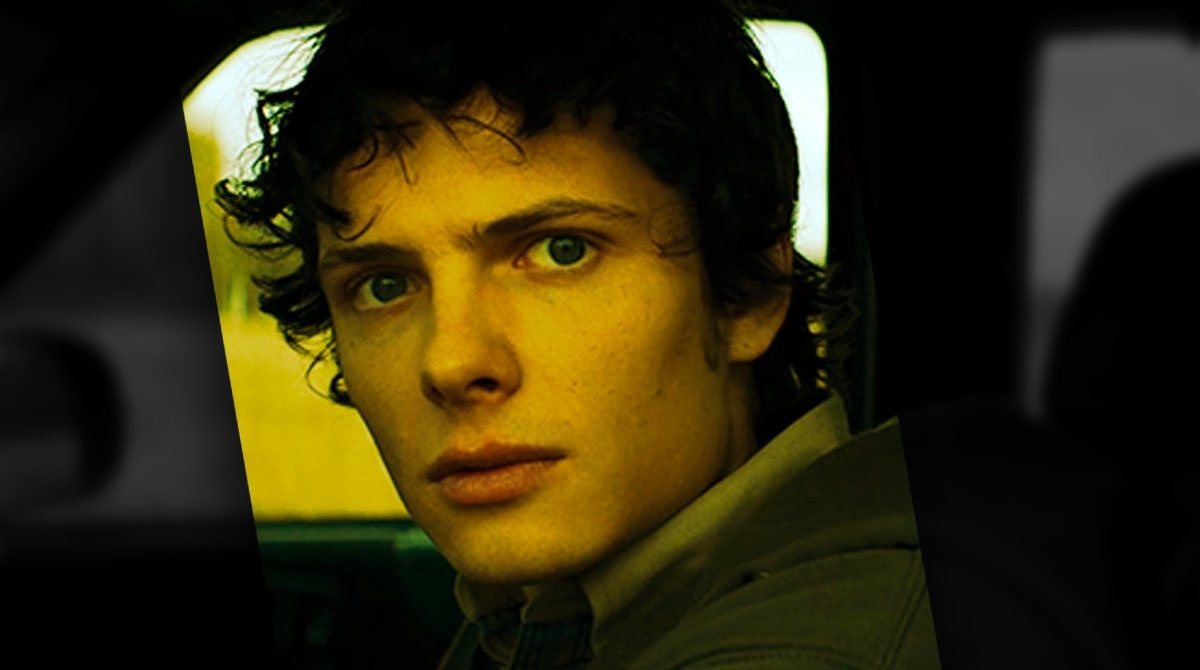The Mental State, an emotional film, takes a closer look at the troubled mind of Andrew, a high school student reeling from the loss of his father to suicide. Immersed in grief and with no real support system, Andrew creates a disturbing fantasy world where he convinces himself that his father is still alive.
In his fantasy, the father is disguised as a town shooter. This mental escape causes him to create an entire story in his mind, where he takes it upon himself to protect his family, friends, and classmates from a fictional shooter.

Unable to cope with the harsh reality of his father’s death, Andrew turns to hallucinations and drug use. This leads him further into a detachment from the real world. The film is an emotional analysis of the mental health struggles Andrew faces, addressing issues such as PTSD, ADHD, and depression.
The central question remains: Will Andrew ever be able to distinguish between his distorted reality and the truth?
What Did Andrew Witness During The Hayride?
The story kicks off with a group of individuals attending a retreat at a church, aiming to overcome addictions to smoking and alcohol, guided by Pastor Shane and their faith. Andrew, though not entirely invested, had managed to sober up after his father’s tragic death.
While his mother took to the stage to speak about her journey towards sobriety, Andrew chose to keep his struggles hidden. On a hayride organized by Pastor Shane, Andrew encounters a girl named Bethany and enjoys her company and that of others.
However, the moment they were driving, a sudden gunshot caught them off guard, causing Andrew to speed up and collide with another vehicle. The police are called in to investigate the shooting. At school, Andrew feels the eyes of his peers on him, but Bethany embraces him, calling him a hero.
However, things take a turn when Andrew is called into the counselor’s office due to his lack of college applications. He explains that he is focused on working on his graphic novel and has a lot on his mind.
The police station later received complaints, with some questioning whether there was even a gunshot, as the report revealed no bullet holes in the car or nearby. What they didn’t realize was that Andrew had imagined the entire scenario, projecting his father with a gun due to the tragic way his father had passed away.
Andrew had believed that if his father could harm himself, he might hurt others too.
What Made People Realize That Andrew Needed Help?
Despite the unsettling gunshot incident, Andrew continues to see things that aren’t there. One day, in the forest, he believes he sees his deceased father dressed in black. The two climb onto a water tank, where Andrew confesses his desire to help others.
He asks his father why he fired the gun, to which his father explains he was aiming at Brian, a schoolmate, worried that Brian might misuse weapons to harm the community. After the coal mine shut down, Brian had become a drug lord, working with dealers to exploit kids in town.
It becomes evident that Andrew is not truly speaking to his father but is battling his jealousy and insecurity, especially since Brian is dating Bethany, someone Andrew likes. At a fair, Andrew’s anxiety grows, fearing Brian might hurt Bethany.
His concern prompts his aunt, a police officer, to wonder if Andrew might be using drugs. Though Andrew denies it, his mother grows suspicious and demands that he take a drug test, which angers him. In his frustration, Andrew lashes out and hits his mother before locking himself in his room.
His mother believes a retreat might help him process his emotions, just like it helped her overcome her alcohol addiction. Though Andrew agrees to think about it, he remains upset with Brian. Later at a party, Andrew catches Brian handing out drugs and harassing Bethany.
In an attempt to capture proof, Andrew records the scene. When Brian tries to force himself on Bethany, Andrew intervenes and films the incident. Brian retaliates by breaking the camera, and Bethany, feeling humiliated, reports Andrew to the school authorities.
Andrew feels lost and unsure of what to do next. His mother’s boyfriend tries to get him to express his feelings, as Andrew has kept them bottled up since his father’s death and his mother’s subsequent struggles with alcohol.
His mother realizes how much Andrew is hurting and suggests he see a school counselor. But in a moment of desperation, Andrew sends an email to everyone, accusing Brian of being a rapist before running off and talking to his imaginary father.
His aunt, witnessing this, realizes that Andrew is speaking to no one but himself, understanding that he is in dire need of help.
What Happened To Andrew?
After meeting with a psychologist, Andrew is diagnosed with depression and early signs of ADHD. The trauma of his father’s suicide left him unable to sleep, and his mind started creating elaborate stories.
This leads to Andrew being expelled from school, and his mother, who works as a waitress, grows concerned that he may be contemplating suicide. She even asks her boyfriend to adopt Andrew or marry her to help cover his medical expenses, but he declines.

Feeling increasingly isolated, Andrew turns to his imaginary father but receives no response. This causes him to become angry, leading him to burn the money his mother saved for the church retreat. When she turns to the pastor for help, he refuses.
Alone, Andrew wanders into the forest and imagines his father urging him to take violent action against those who have wronged him, threatening harm if he doesn’t. Fearing for the safety of his friends, especially Bethany, Andrew grabs his father’s gun and heads to school, determined to stop his father’s imagined wrath.
His mother tries to intervene but is unsuccessful, prompting her to call the police. Chaos erupts at the school as Andrew, armed with a gun, confronts his peers. He eventually finds Bethany, telling her that he’s there to protect her.
Bethany, understanding Andrew’s emotional turmoil, tries to convince him to put down the gun, but he refuses, believing they can protect each other. In a tragic turn of events, someone mistakes Bethany for being in danger and opens fire, hitting her but leaving her alive.
Andrew is shot as well, fatally wounded as he collapses. The ending of The Mental State is heart-wrenching as Bethany grapples with the trauma of the events. The gunshot wound serves as a constant reminder of the terrifying ordeal, making it difficult for her to heal.
Andrew’s aunt, who works in law enforcement, resigns from her position, feeling she failed to protect her nephew and questioning her role as a protector.
Andrew’s mother and her boyfriend separate, and she, unable to cope with the loss of her son, turns back to alcohol after having previously overcome it for her family. In an unexpected twist, Brian, the boy Andrew had fought against, joins the police force.
This change in Brian’s path highlights that not all those in authority can be trusted, even in noble professions. The film emphasizes the lasting effects of trauma on individuals, showing how it can disrupt relationships and a person’s sense of purpose.



